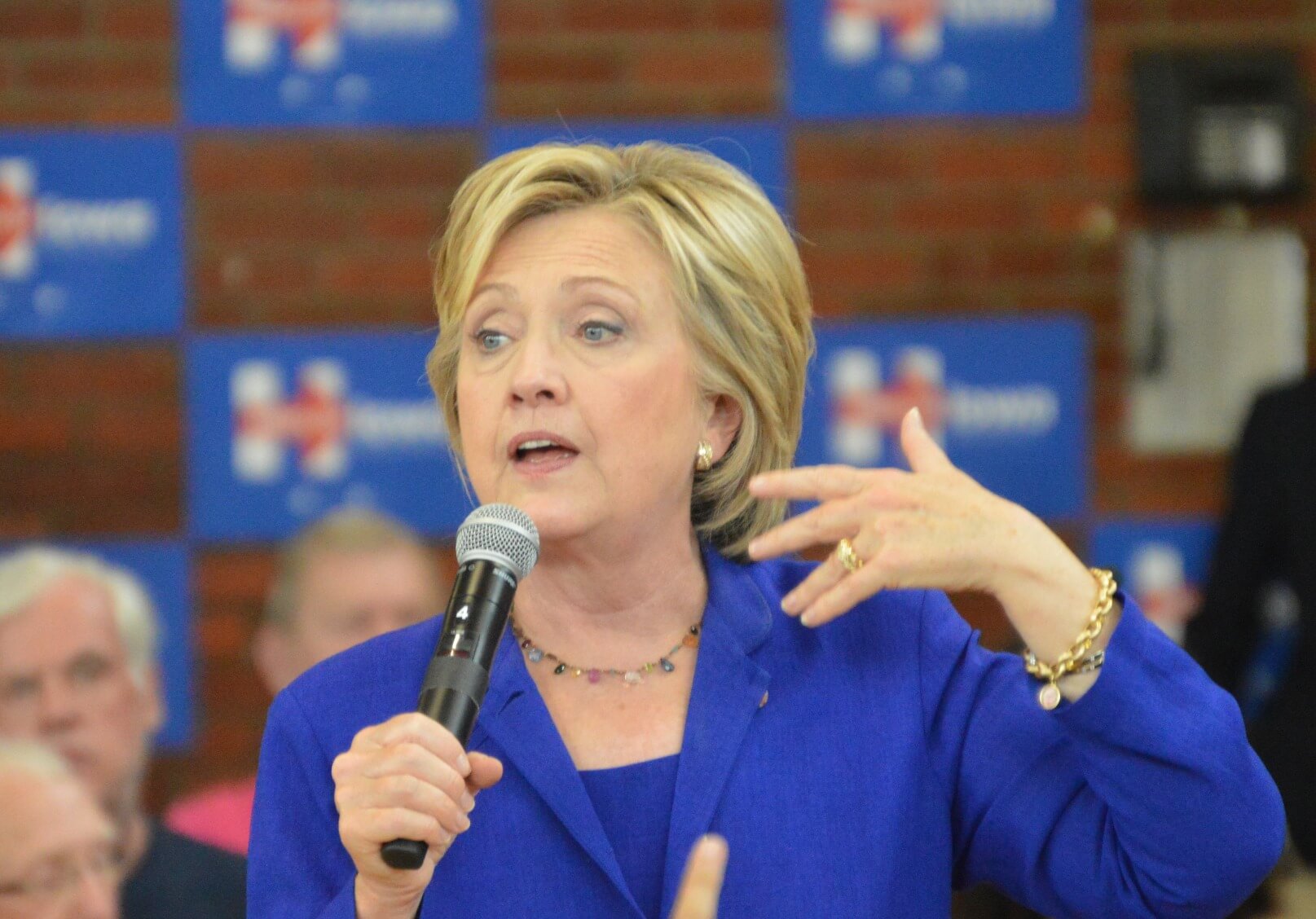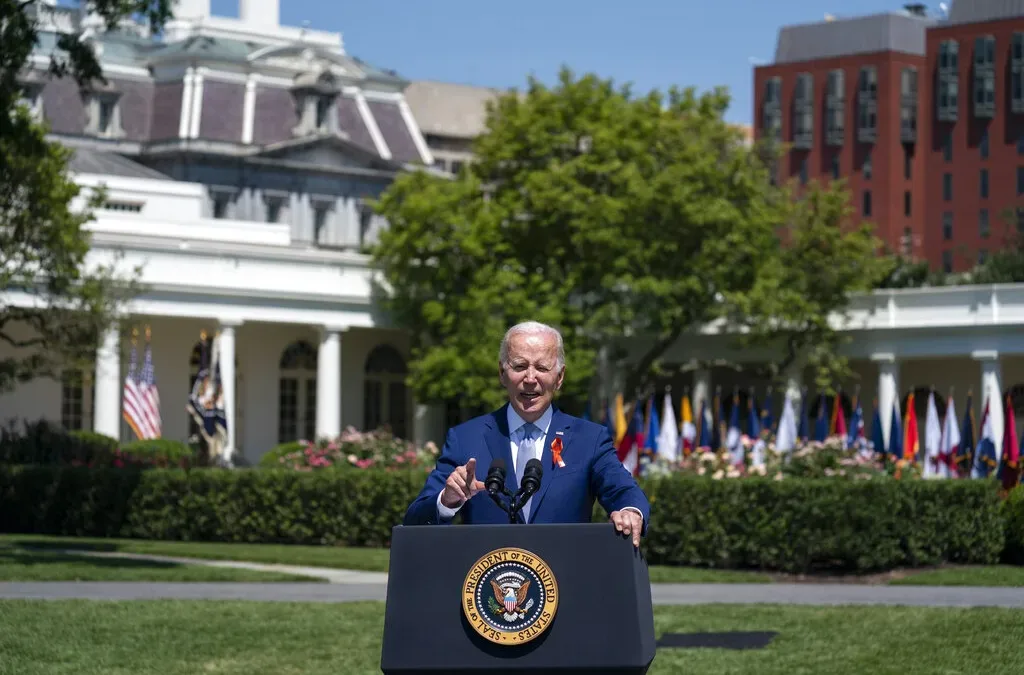
“What has been will be again, what has been done will be done again; there is nothing new under the sun.” – Ecclesiastes 1:9
Hillary Clinton loses big in one of the first two states?
Check.
Her opponent is an outsider to her left who builds a youthful movement to overwhelm Clinton’s establishment support?
Check.
Clinton’s message is one of pragmatism and realism versus optimism and change/revolution?
Check.
Oh, and just for good measure, we’re talking about the Iraq War vote?
Check.
We’ve seen this movie before. And since most of the same storyline is playing out once again in 2016 as it did in 2008 (save for the improvement in the ground game in Iowa), we can probably predict what happens next. And what was one of the big talking points that emerged after Clinton stumbled in Iowa and South Carolina in 2008? Her lead among the superdelegates.
In late January and early February of 2008, the Clinton campaign started to reassure its donors and top supporters about their position in the campaign by highlighting the fact that they led handily in the superdelegate count, the party leaders who get a vote at the convention, the same as the pledged delegates that result from winning votes in caucuses and primaries. At that point Clinton led 2-1 over Barack Obama in the backing of superdelegates.
It was a decent point to make to worried donors at the time. However, for reasons only understood in the minds of idiots, many Clinton backers and surrogates thought it would be a good idea to reinforce this idea on cable news programs. So for most of February the conversation dominating political coverage centered around how Clinton could use superdelegates to offset Obama’s pledged delegate advantage.
And that, for those of us who remember their 2008 campaign history, was an outright disaster.
The optics of superdelegates is horrendous. Essentially, they were created in 1980 to allow party leaders to wrestle power back from primary voters in the case that the Democratic base nominated another weak candidate like George McGovern. And in 2008 it made Clinton seem like she was going to steal the election away from the people and Obama thanks to her backroom connections. Obama would go onto to win ten contests in a row throughout February as Clinton’s messaging was overshadowed by the superdelegate debate.
Now here we are again, after Clinton stumbled badly this time in a 22-point shellacking from Bernie Sanders in New Hampshire, the superdelegate talk is starting to percolate up to the surface.
Many noticed that some news sites’ New Hampshire election results showed that Clinton had broke almost even in the delegate count out of the state with Sanders, despite her large loss. That’s because they included the superdelegates from New Hampshire that had already publicly backed Clinton. And indeed, right now, Clinton leads Sanders 394 to 44 delegates nationwide, thanks to her huge lead among superdelegates. Jeff Zeleny of CNN reported Wednesday afternoon that an unnamed Clinton adviser called that lead among party elites her “true firewall.”
Here we go again, right? This time the damage from this storyline playing out in the national media could be even worse. What better way to play right into the hands of Sanders’ “establishment versus the people” frame?
Sanders has already easily leveraged perceived Clinton favoritism from the DNC into positive press and donations from outraged supporters. Imagine Debbie Wasserman Schultz on all the cable news programs explaining the superdelegate rules. The Sanders campaign email practically writes itself about how “DNC rules” are tipping the scale to Clinton thanks to her insider, establishment support. His campaign could probably set off the debate themselves by simply mentioning it in a few interviews.
It may come up anyway just from the media itself, though the Clinton campaign would be wise to put the clamp down on any surrogates thinking of talking it up as a positive for the campaign. If someone brings up in a meeting at Brooklyn headquarters the idea of touting Clinton’s superdelegate lead, they might want to throw him out the nearest window.
To state the obvious, it’s not Clinton’s fault that the system is set up this way. And news organizations really shouldn’t be listing superdelegates in the state results on election nights, considering they could change their mind later. Plenty in the media and Sanders’ backers will blast the notion that Clinton could win in an unlikely situation where superdelegates tilt the balance of power. But what else would you do? If those are the rules in place, and superdelegates’ votes count, wouldn’t you go after them?
The problem, however, is the absolutely terrible look it gives Clinton. Here comes the big, bad establishment to squash the excitement and momentum of Sanders’ political revolution. Sitting back and allowing the story to play out like it did in 2008 would be disastrous. So what is Clinton to do?
Well, let’s consider the long-term likelihood of superdelegate scenarios. If Sanders were to battle it out with Clinton all throughout the primary and win the pledged delegate count by 1-10%, Clinton could still win the nomination with the support of the vast majority of superdelegates, who account for about 15% of the total delegates. But that would cause massive turmoil within the party, and Sanders’ voters may really not show up at that point in November in protest.
You don’t want to win that way anyway. And the chance of it happening exactly like that is pretty low. Not to mention that many of the superdelegates – most of whom are elected officials – could face pressure from back home if Sanders wins the pledged delegate vote and most of the states. In 2008 Obama took the lead among superdelegates after Clinton’s last major stand in Indiana and North Carolina went poorly.
So what’s the point of hyping your superdelegate lead or, for that matter, even expending resources on recruiting them in the first place? The only situation in which they would matter would mean outright armageddon for the Democratic Party.
Here’s how the Clinton campaign could kill this potentially damaging story before it rises: vow to decline the nomination if she doesn’t win the pledge delegate vote. Tell Democrats you don’t care about the support from the superdelegates, and that you’re only interested in the nomination if you earn it from the party’s voters. That would put the story to rest.
That, however, would be quite the bold move. And it’s not clear if this iteration of the Clinton campaign is any more open to taking risks than the 2008 version. Even if that means repeating the exact same mistakes as last time.
But those similar errors are already adding up. Wishful thinking on Sanders’ long-term weaknesses throughout the primary schedule could evaporate quickly, and only after a large chunk of delegates is awarded on March 1st. So they need to come up with some sort of plan to address the superdelegate story.
If the Clinton campaign wants to send a clear signal to supporters and voters that they won’t repeat the exact same mistakes as 2008, this would be a good place to start.
by Pat Rynard
Posted 2/10/16
Politics

Trump says he’s pro-worker. His record says otherwise.
During his time on the campaign trail, Donald Trump has sought to refashion his record and image as being a pro-worker candidate—one that wants to...

Biden announces new action to address gun sale loopholes
The Biden administration on Thursday announced new action to crack down on the sale of firearms without background checks and prevent the illegal...
Local News

No more Kum & Go? New owner Maverik of Utah retiring famous brand
Will Kum & Go have come and gone by next year? One new report claims that's the plan by the store's new owners. The Iowa-based convenience store...

Here’s a recap of the biggest headlines Iowa celebs made In 2023
For these famous Iowans, 2023 was a year of controversy, career highlights, and full-circle moments. Here’s how 2023 went for the following Iowans:...





